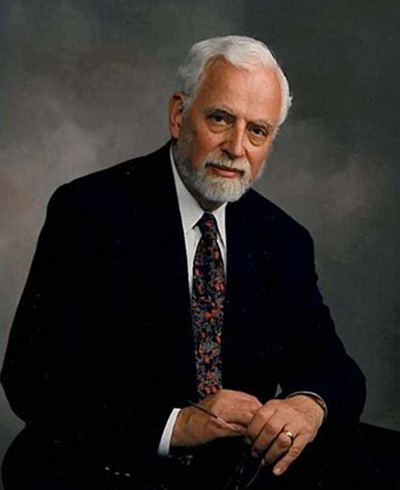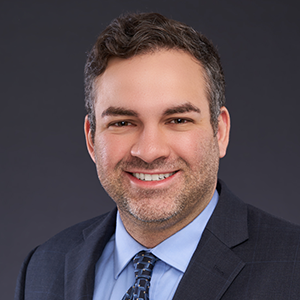In memoriam: Bernard Agranoff
Bernard (Bernie) W. Agranoff, a professor of biological chemistry and renowned neuroscientist, died October 21, 2022 in Ann Arbor, Michigan. He was 96, and he had been a member of the American Society for Biochemistry and Molecular Biology since 1959.

Agranoff was born June 26, 1926. He attended Cass Technical High School in Detroit, and in 1944, at age 18, he enrolled in the Navy Premedical Officer Training Program. He was assigned to the University of Michigan, where he completed a degree in chemistry in two years and then matriculated to Wayne State University in Detroit where he earned his medical degree in 1950. Agranoff completed his postdoctoral training mentored by Francis Schmitt at Massachusetts Institute of Technology, a founder of the field of neuroscience.
In 1952, after completing his Navy tour of duty, Agranoff joined the Section of Lipid Chemistry at the National Institute of Neurological Disorders and Stroke in the National Institutes of Health. Nine years later, he transitioned to the University of Michigan Department of Biological Chemistry and Mental Health Research Institute (which he would direct from 1983-1995) to study the biochemistry of learning and memory.
Agranoff published a 1962 paper in the journal Science in which he demonstrated that new protein synthesis is needed for goldfish memory, but not learning, by giving intracranial injections of puromycin and tritium-labeled leucine to goldfish trained to avoid electric shocks. In 1964, he published a PNAS paper using similar methods to show that the formation of long-term but not short-term memory requires protein synthesis.
During his career, Agranoff trained more than 60 graduate students and postdocs, and he received many accolades. He served as president of the American Society for Neurochemistry and was a fellow of the American Association for the Advancement of Science and the American Academy of Arts and Sciences. He received the University of Michigan Lifetime Achievement Award in Medical Education.
Agranoff and his wife Raquel (Ricky) shared a passion for food that inspired a 2008 Gastronomica article explaining the brain health benefits of eating unsaturated fatty acids from fish.
Ricky died in 2020. Bernard Agranoff is survived by his two sons, William and Adam Agranoff, and their families.
Enjoy reading ASBMB Today?
Become a member to receive the print edition four times a year and the digital edition monthly.
Learn moreGet the latest from ASBMB Today
Enter your email address, and we’ll send you a weekly email with recent articles, interviews and more.
Latest in People
People highlights or most popular articles

Simcox wins SACNAS mentorship award
She was recognized for her sustained excellence in mentorship and was honored at SACNAS’ 2025 National Conference.

From humble beginnings to unlocking lysosomal secrets
Monther Abu–Remaileh will receive the ASBMB’s 2026 Walter A. Shaw Young Investigator Award in Lipid Research at the ASBMB Annual Meeting, March 7-10 in Washington, D.C.

Chemistry meets biology to thwart parasites
Margaret Phillips will receive the Alice and C. C. Wang Award in Molecular Parasitology at the ASBMB Annual Meeting, March 7-10 in Washington, D.C.

ASBMB announces 2026 JBC/Tabor awardees
The seven awardees are first authors of outstanding papers published in 2025 in the Journal of Biological Chemistry.

Decoding how bacteria flip host’s molecular switches
Kim Orth will receive the Earl and Thressa Stadtman Distinguished Scientists Award at the ASBMB Annual Meeting, March 7–10, just outside of Washington, D.C.

Thiam elected to EMBO
He was recognized during the EMBO Members’ Meeting in Heidelberg, Germany, in October.

